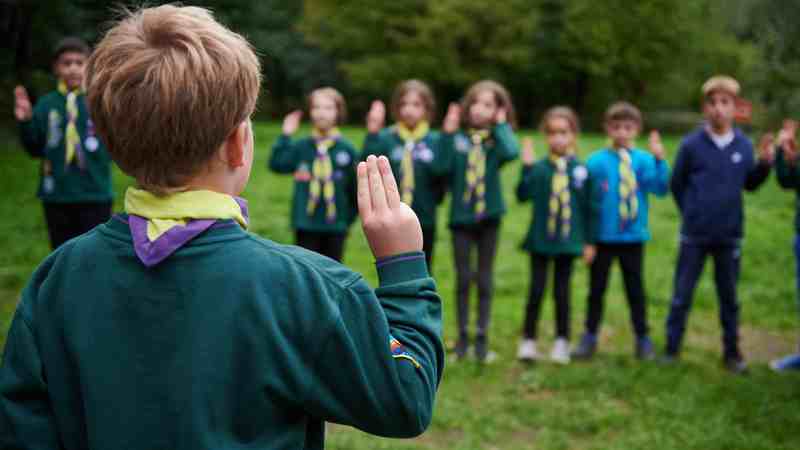Adapting Scout groups for rural areas
Scouts can be very popular in rural areas, but such communities can also be challenging environments for Scout groups.
There are often smaller numbers of young people or adults with time to volunteer. There can be other logistical difficulties, such as large distances between settlements, or difficulties with public transport.
Running a successful Scouts group in a rural environment can require a little imagination. It might involve running a slightly unusual kind of Drey, Colony, Pack, Troop or Unit.
You might choose to run a cobweb (or cellular) units or create a satellite unit.
There's also the option of integrated groups, which may involve people from different sections meeting at the same time on a temporary or long-term basis.

A 'Cobweb' Section consists of between two and six Lodges/Sixes/Patrols, each with between three and eight young people.
They meet in isolated villages or hamlets, meeting locally under an Assistant Leader, perhaps with a Section Assistant, weekly in their own 'den'.
They then all come together for a more traditional Section meeting once a month, either in the most convenient centre or rotating round each village.

Rural communities tend to be small and can't always sustain conventional Sections. Learn more about how you can adapt groups for rural areas.